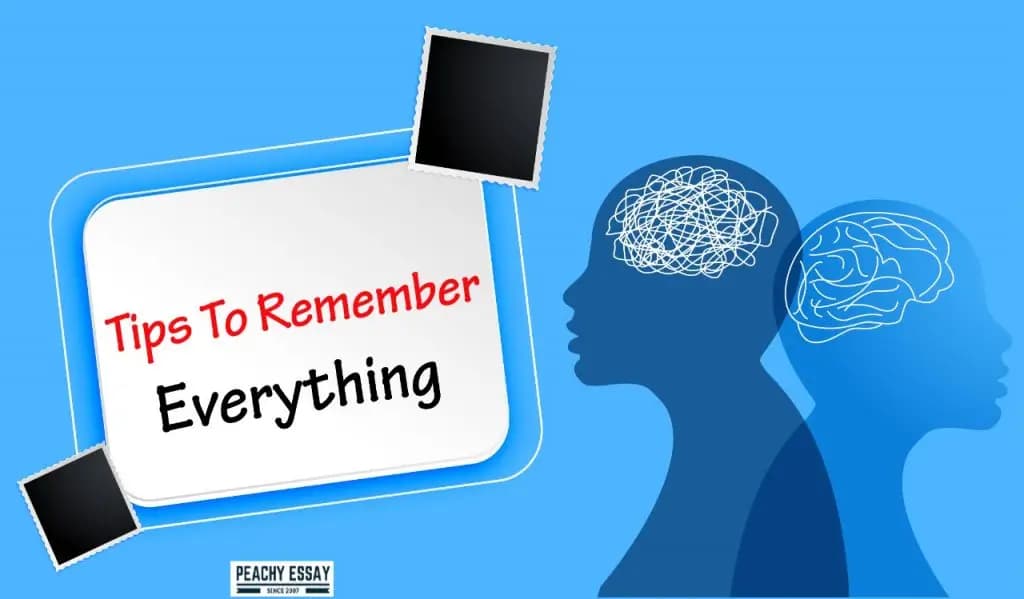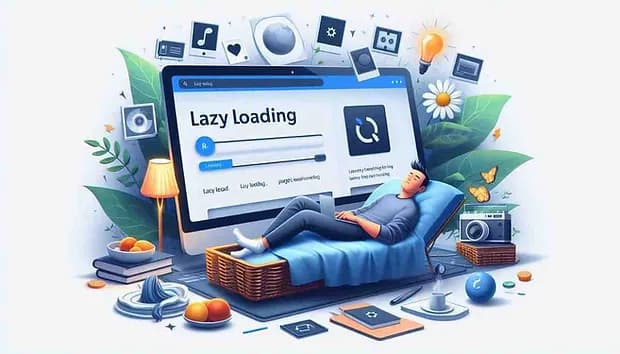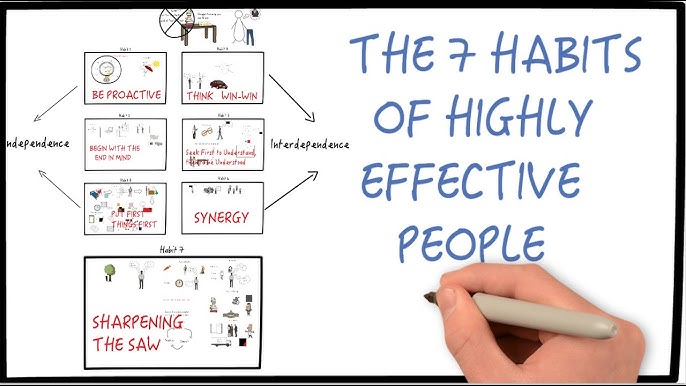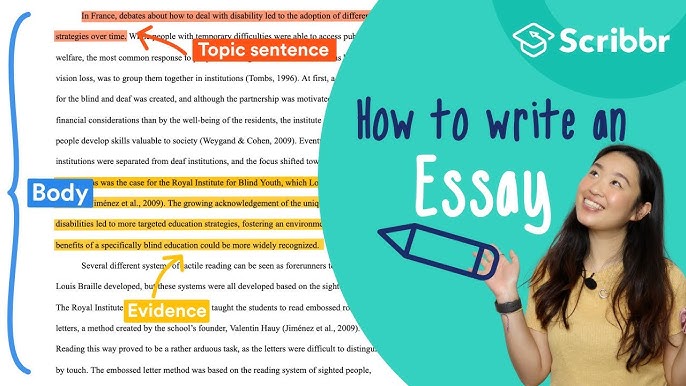Studying and retaining information is a skill that takes practice. Some people have an easier time absorbing and recalling details, while others need to put in a bit more work. The good news is that there are strategies and techniques you can use to boost your memorization and study skills, regardless of your natural abilities. With some time and effort, anyone can sharpen their mental tools to take in and retain more information.
Create the Right Study Space
Where you choose to study can have a significant impact on your ability to focus and remember. Set yourself up for success by studying in a quiet, distraction-free zone. Turn off the TV, put your phone on silent, and shut down social media sites and email to avoid losing focus.
Find a spot that is comfortable but not so cozy that you’ll be tempted to nap. A desk and chair in the corner of your bedroom or at the library works well. Make sure to have good lighting as well. The right study environment goes a long way toward productive, effective studying.
Take Better Notes
Taking great notes is one of the best ways to encode information in your brain. Writing things down helps cement the concepts, and reviewing quality notes is a top study tactic.
Strive to identify the most salient points and write those down word-for-word. Paraphrase and summarize general ideas in your own words. Use shorthand and symbols if helpful. Format your notes with headings, underline important terms, and use highlighters for emphasis. Writing notes by hand forces your brain to engage more deeply.
Be sure to review and consolidate your notes soon after class or reading. This helps reinforce the material when it’s fresh in your mind.
Leverage Your Learning Style
People absorb information in different ways. Some learn best by reading, others by listening, and still others prefer a hands-on approach. Figure out what type of learner you are and then utilize study strategies that align with your style.
Auditory learners absorb more through discussions, lectures, and reading texts aloud. Kinesthetic learners do better when they can walk around while studying. No matter your preference, mix things up by sometimes using methods outside your usual learning style.
Study in Short Bursts
Your brain is like a muscle—it needs regular breaks to function at peak performance. Marathon study sessions are usually counterproductive. After 30-50 minutes of focused work, take a 5-10 minute break to recharge.
Get up, stretch, have a snack, or do a brain teaser. Then return to your books with renewed vigor. Setting a timer can help you stick to a schedule of productive short study sessions. Avoid distractions like social media or YouTube during breaks.
Teach Concepts to Others
When you have to explain ideas to someone else in your own words, it reinforces your understanding. Set up a regular study group, or just pull in parents, siblings, or friends. Walk them through the material as you would a class. The ability to articulate concepts to others means you comprehend them.
You can also practice explaining concepts out loud to yourself. Verbalizing the material creates neural pathways that boost recall.
Connect Ideas to Your Own Experiences
Look for ways to link new facts and concepts to your own past experiences and knowledge. Creating personal connections gives you anchors to latch onto, helping your brain file information for better recall.
For example, if you are learning about different time management systems, think about your struggles to juggle tasks. If you are studying astronomy, reflect on your childhood experiences looking up at the night sky. Tie the abstract ideas to your concrete memories.
Review Constantly and Test Yourself
Re-reading textbooks and notes should form the cornerstone of your studying. But avoid passive review of the material. Instead, engage actively with the concepts through self-testing.
Creating practice quizzes, flashcards, or study review questions ensures you can accurately recall key information. Test yourself frequently to identify weak areas needing more attention. Having to retrieve the facts and concepts strengthens neural pathways for better memorization.
Study the Hardest Topics First
It’s natural to want to start studying with the easier, more enjoyable topics first. Resist that urge! Tackle the most challenging sections while your brain is fresh. You’ll be able to focus better after getting the tougher content done.
Revisiting the easier material will be smoother sailing. You’ll also feel a sense of accomplishment, which boosts motivation to keep studying.
Get Plenty of Sleep
Skimping on sleep is one of the worst things you can do when trying to study and remember information. Sleep allows your brain to consolidate memories and process what you learned during the day. Shoot for 7-9 hours per night during heavy study times, turning in at the same time each evening.
Pay extra attention to getting adequate sleep the night before a big exam. Cramming all night is not productive. Wake up refreshed after a full night’s rest. Eat a healthy breakfast to energize your brain cells for best recall.
Exercise Regularly
Physical activity delivers oxygen to your brain, improves alertness, and helps consolidate memories. Schedule time for regular cardiovascular exercise totaling about 30 minutes per day. Ideal study break activities include jogging, biking, jumping rope, or doing calisthenics.
To maximize cognitive benefits, exercise in the afternoon or early evening around 4-6 p.m. Morning workouts are great too. Avoid intense exercise right before bed.
Consider Supplements
Certain vitamins and minerals support optimal brain function for memory and learning. Fish oil, vitamin B12, vitamin D, and magnesium are the top supplements students rely on. A daily multivitamin can help fill any dietary gaps as well.
Talk to your doctor before taking any new supplements, especially in large doses. Eating a balanced diet high in vegetables, berries, nuts, and protein sources will provide core nutrients to energize study skills.
Minimize Stress
Too much emotional stress can dampen the brain’s ability to absorb and remember information. Do what you can to keep your stress levels in check around exam times. Prioritize regular sleep, healthy meals, social connections, and relaxation breaks.
Activities like yoga, meditation, spending time in nature, or playing with pets can help calm your mind. Remember to breathe deeply when you start to feel stressed while studying.
Conclusion
With an arsenal of study strategies aligned with your learning preferences, anyone can enhance their memorization and knowledge retention. By actively engaging with the material in short sessions, testing yourself, repeating concepts often, and reducing stress, you will send information to long-term memory for better recall. Be patient with yourself as you try different techniques to determine what works best for your needs.
FAQs:
Q: How much should you study per day?
A: Quality is more important than quantity. Daily study sessions of 30-50 minutes each are most productive for long-term retention. Total study time will vary based on subject difficulty and your learning goals.
Q: What foods boost brain power and memory?
A: Fish, berries, leafy greens, nuts, seeds, eggs, avocado, whole grains, and dark chocolate support brain health. Stay hydrated and limit sugar intake.
Q: Is it better to study alone or in groups?
A: Most people benefit from a mix of solo and group study to utilize different learning techniques. Studying alone avoids distractions while groups help cement knowledge through discussion.
Q: How can you remember things fast before an exam?
A: Prioritize topics you struggle with, practice retrieval often through self-testing, stay calm, eat well, exercise, get good sleep, and do a quick review the morning of the exam.
Q: Which is better – to listen to music or study in silence?
A: The majority of people concentrate best in silence to avoid distractions. However, classical and lyric-free music may help some people focus. Try different settings to see what works for you.










